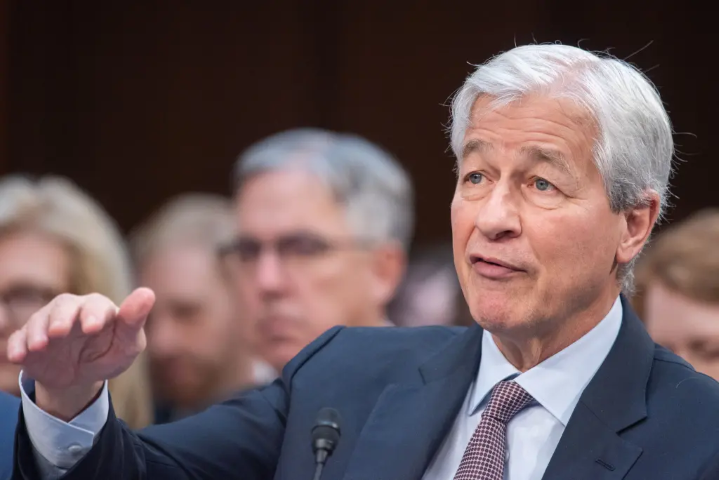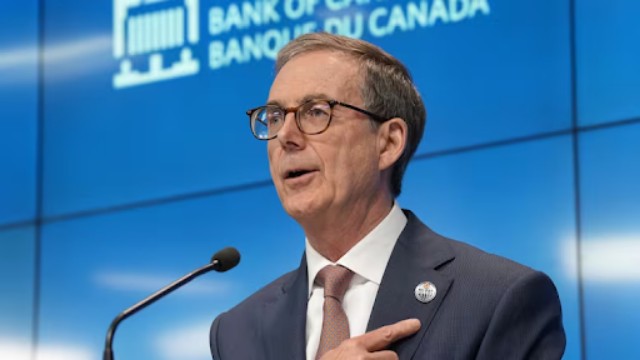
Democratic lawmakers, led by Sen. Sanders, proposed the Tax Excessive CEO Pay Act to tax companies with CEO-worker pay gaps above 50 to 1. (Shutterstock)
A group of Democratic lawmakers, led by Senator Bernie Sanders, is advocating for a tax increase on companies where the CEO's compensation exceeds 50 times that of the average worker. The proposed legislation, known as the Tax Excessive CEO Pay Act, aims to address concerns about widening income inequality and corporate greed.
In a joint statement on Monday, the senators highlighted the need to curb the stark disparities in CEO and worker salaries, asserting that the proposed bill could generate an estimated $150 billion in revenue for the United States over the next decade. The initiative, supported by labor unions, seeks to establish Treasury Department guidelines to prevent companies from circumventing the tax by relying on contractors instead of employees.
Major corporations such as Walmart, Google's parent company Alphabet, Home Depot, JPMorgan Chase, Nike, and McDonald’s may find themselves facing significantly higher tax burdens under the proposed legislation. The lawmakers emphasized that the tax increase could be avoided by companies if they chose to elevate workers' wages and reduce CEO salaries.
Senator Sanders, known for his independent stance but often caucusing with Democrats, underscored the bipartisan concern over the substantial gaps in compensation between executives and ordinary workers. The proposed bill, however, faces significant hurdles on its path to becoming law.
To clear the Senate, the bill would require 60 votes, and with Democrats holding a slim 51-49 majority, garnering the necessary support poses a challenge. Additionally, the Republican-controlled House would need to pass the measure for it to reach President Biden's desk for approval.
The upcoming November elections further complicate the legislative landscape, as economic issues take center stage in President Biden's bid for re-election. The fate of the Tax Excessive CEO Pay Act remains uncertain against this backdrop.
While the senators behind the bill argue that it addresses a pressing issue of economic fairness, the proposal has yet to receive a response from influential entities such as the US Chamber of Commerce, the largest business lobby in the country.
The legislation outlines a progressive tax rate increase based on the CEO-to-worker salary ratio, starting with a 0.5 percentage-point hike when the ratio exceeds 50 to 1. For companies with a more substantial gap, paying their top executives over 500 times the average worker's salary, the maximum tax penalty could reach 5 percentage points.
Furthermore, the senators emphasized transparency by proposing the public disclosure of CEO-to-worker pay data for privately held companies. This move aims to provide greater insight into compensation structures and foster accountability in the corporate sector.
In essence, the Tax Excessive CEO Pay Act presents a legislative effort to address income inequality by imposing a tax burden on companies with disproportionate executive compensation. However, its success hinges on navigating the complex political landscape and garnering support across party lines.















